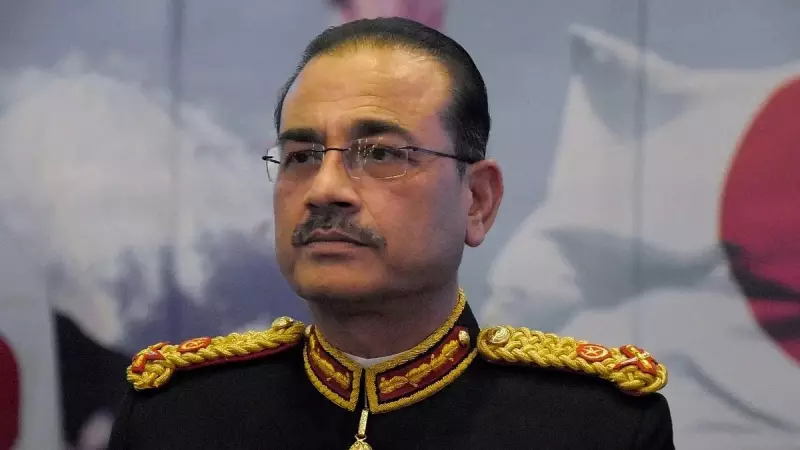
In a landmark decision that marks significant military restructuring, Pakistan's National Assembly has approved crucial amendments to the Pakistan Army Act 1952. This legislative move paves the way for General Asim Munir, the current Army Chief, to become the country's first-ever Chief of Defence Forces.
Historic Legislative Changes
The National Assembly passed the amendments during a session where both government and opposition members participated in discussions. The changes specifically modify the Pakistan Army Act 1952, introducing provisions for the creation of a unified defence forces leadership position.
General Asim Munir, who currently serves as Pakistan's Army Chief, is set to become the inaugural Chief of Defence Forces under these new provisions. This represents the most significant reorganization of Pakistan's military command structure in decades.
Key Amendments and Their Implications
The amendments introduce several important changes to the existing military framework. The creation of the Chief of Defence Forces position aims to establish better coordination among Pakistan's three military services - the Army, Navy, and Air Force.
This restructuring comes at a time when Pakistan faces multiple security challenges and seeks to streamline its military command structure. The move is seen as an effort to enhance joint operations capability and improve strategic coordination between different branches of the armed forces.
The legislative changes received support across political parties, indicating broad consensus on the need for military modernization. The amendments specify the powers, responsibilities, and tenure of the new defence chief position, ensuring clarity in the chain of command.
Strategic Importance and Future Outlook
The establishment of a Chief of Defence Forces position brings Pakistan in line with many other countries that have similar unified military command structures. This development is expected to have far-reaching implications for Pakistan's defence policy and military operations.
General Asim Munir's appointment as the first defence chief underscores his standing within the military establishment and the government's confidence in his leadership abilities. The transition to this new command structure represents a historic moment in Pakistan's military history.
Military analysts suggest that this reorganization could lead to more efficient decision-making processes and better resource allocation among the different service branches. The changes come amid ongoing security challenges and regional dynamics that require coordinated military responses.
The amendments also include provisions regarding the tenure and retirement age of senior military officials, though specific details about these aspects remain part of the broader legislative package approved by the National Assembly.





